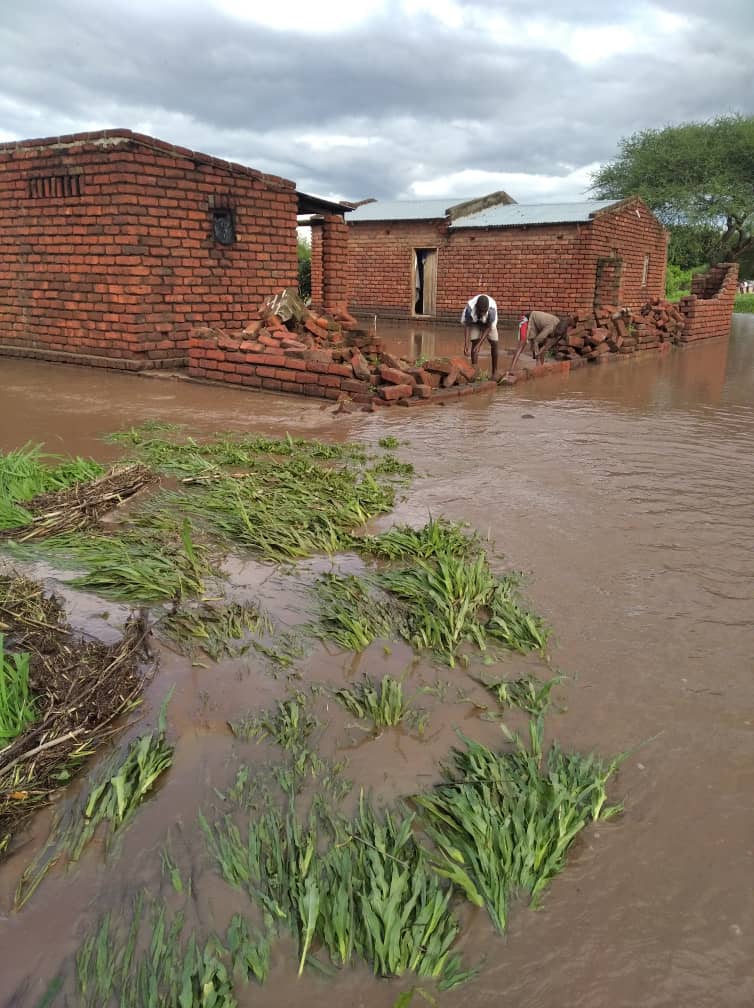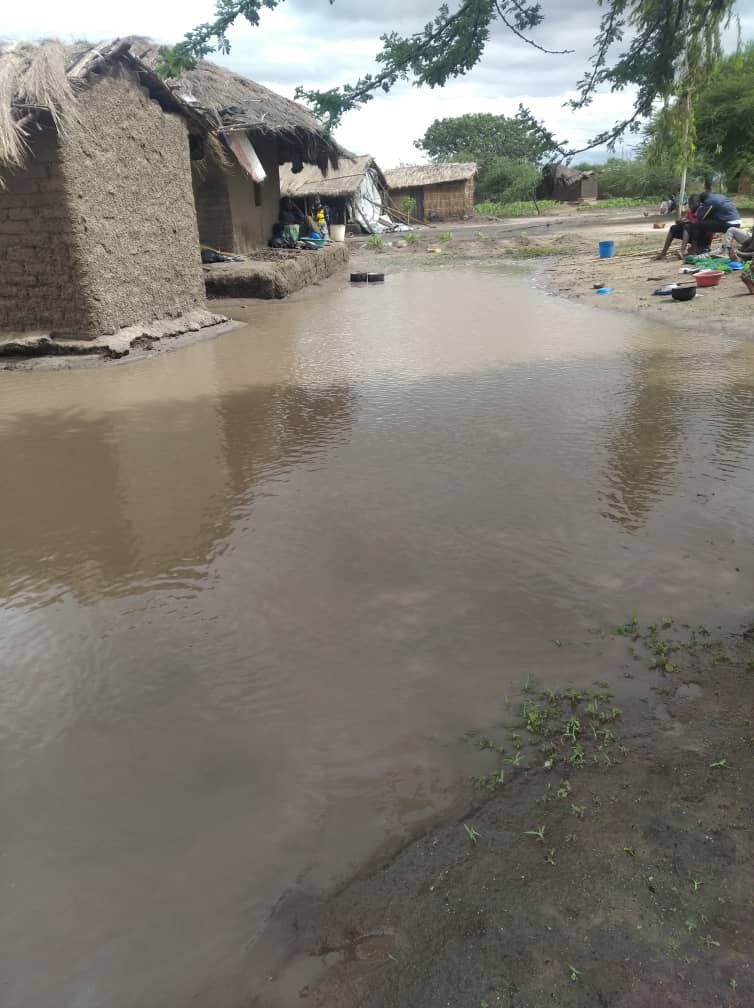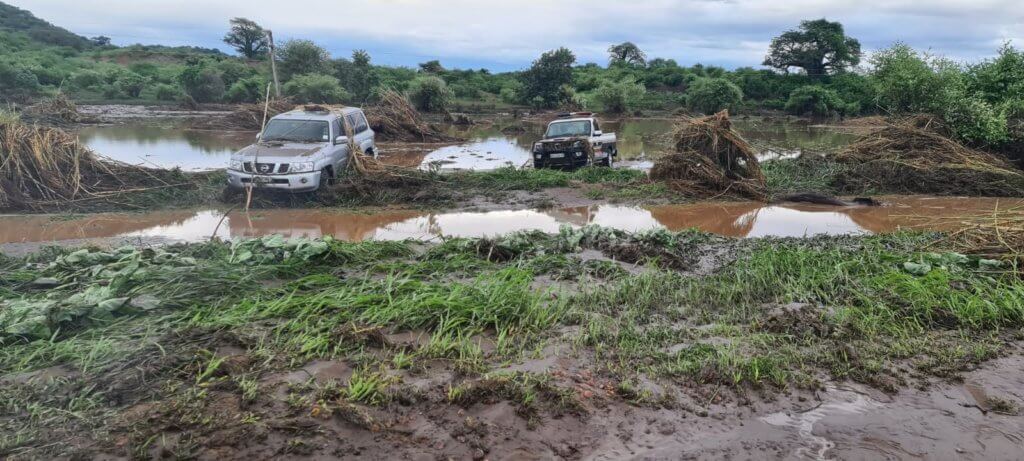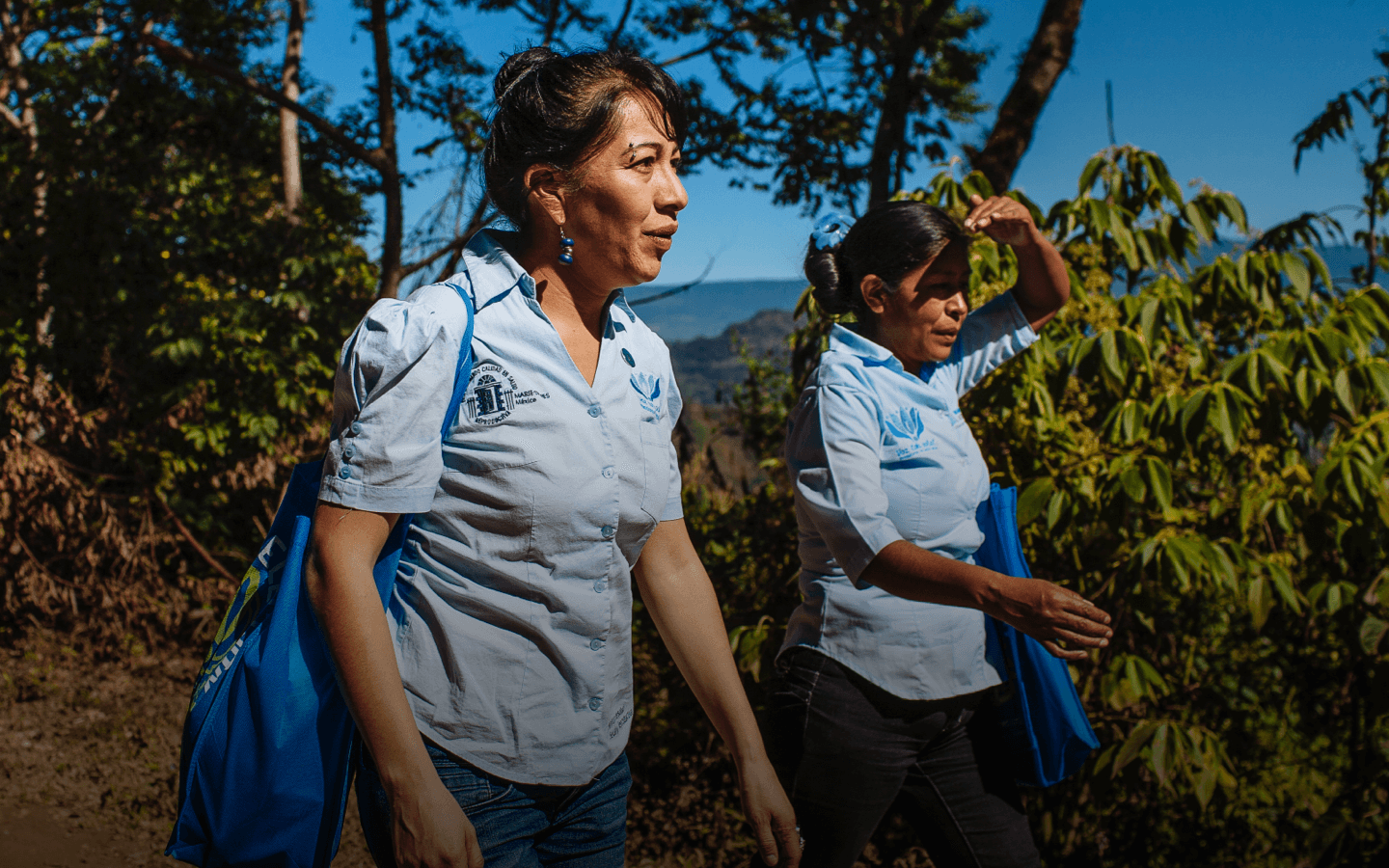Malawi team races to recover from Tropical Storm Ana
Earlier this year, Tropical Storm Ana slammed into Madagascar, Malawi and Mozambique. It was the deadliest weather event of 2022 so far, causing widespread flooding, power outages and destroying houses. One hundred and fifteen people were killed, and tens of thousands were displaced.
MSI’s teams in Malawi are working to keep services going, but the impacts of the storm have made it harder for our outreach teams to reach women who are counting on us.


In times of crisis, reproductive healthcare is essential—but providing services becomes more difficult and expensive. From the climate crisis to the pandemic, the past few years have shown just how important it is to keep these services going, no matter what happens.
Lost vehicles in Malawi
In Malawi, the Thyolo outreach team was on its way back from a day of providing services when the cyclone hit. A fast-moving flood swept their vehicle off the road, where it was stuck in a muddy bank. Local villagers rushed to rescue the team from the stranded vehicle. Thankfully no one was hurt—but the vehicle and all the equipment inside were damaged.
Charles Mumba, Head of Outreach and Public Sector Strengthening, said: “Cyclone Ana halted services in hard-to-reach sites due to road damage, washed away and submerged cars in the affected areas.”

With an outreach vehicle out of commission, the Malawi team is racing against the clock to secure the supplies and equipment needed to resume services. Since the cyclone, they’ve been coordinating with other partners and the Malawi government to keep services going in the affected areas. They’ve also been providing services in the shelters where people displaced by the storm are staying.
Responding to climate disasters
Climate change is making extreme weather events like Tropical Storm Ana more common—and women are feeling the results. An MSI analysis shows that an estimated 14 million women are at risk of losing access to contraception due to climate-related disruptions over the next decade.
These climate disruptions could cause an additional 6.2 million unintended pregnancies, 2.1 million unsafe abortions and 5,800 pregnancy-related deaths over the next decade.
Women and girls on the frontline of the climate crisis urgently need reproductive healthcare. But in times of crisis—whether it’s climate change, the pandemic, or other humanitarian crises—it’s all the more challenging to provide the services women need to stay healthy and resilient. That’s why donor support is so crucial: It gives MSI the flexibility to respond in an emergency. With support from generous people in the United States, our teams around the world can be there for the women who depend on us.






